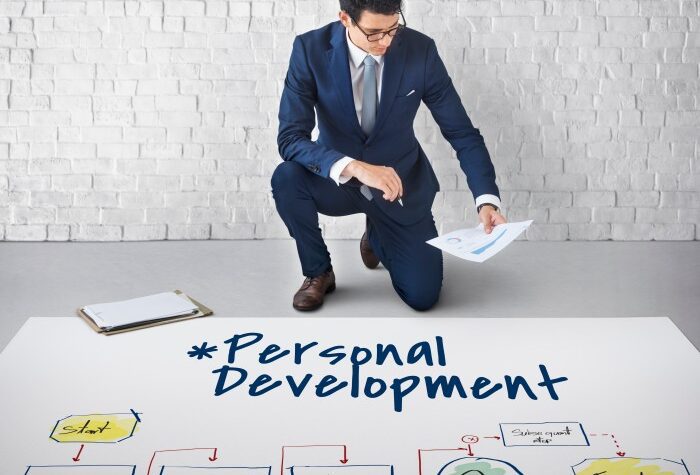Adapting Higher Education and Vocational Training to Meet Future Needs: Navigating the Evolving Job Market
- Home
- Adapting Higher Education and Vocational Training to Meet Future Needs: Navigating the Evolving Job Market
- editordesk
- May 5, 2023
- 0 Comments
The dynamic nature of the global job market requires higher education and vocational training institutions to adapt and align with the evolving demands of the workforce. As industries transform and new fields emerge, it is crucial that educational institutions provide students with the skills and knowledge needed to succeed in the future. In this blog post, we will explore strategies for adapting higher education and vocational training to meet the future needs of the workforce and prepare students for long-term success.
Emphasizing Transferable Skills and Competencies
Higher education and vocational training should prioritize the development of transferable skills and competencies that are applicable across a variety of industries and job roles. By focusing on skills such as critical thinking, problem-solving, communication, and adaptability, institutions can better equip students for the challenges and opportunities that lie ahead in the evolving job market.
Encouraging Interdisciplinary Education
Interdisciplinary education can help students develop a broader understanding of complex issues and create innovative solutions that draw upon diverse fields of knowledge. Higher education institutions should encourage interdisciplinary learning by offering flexible degree programs, joint majors, and collaborative research opportunities that bridge multiple disciplines.
Integrating Technology and Digital Literacy
As technology continues to play a critical role in the workplace, it is essential that higher education and vocational training institutions integrate technology and digital literacy into their curricula. Providing students with the skills needed to navigate the digital landscape, such as coding, data analysis, and cybersecurity, will help them stay competitive in the job market and adapt to emerging technologies.
Strengthening Industry Partnerships
Collaboration between higher education institutions, vocational training centers, and industry partners is crucial for ensuring that educational programs remain relevant and aligned with workforce needs. By establishing strong partnerships, institutions can gain insight into emerging trends, develop targeted curricula, and create internship and apprenticeship opportunities that provide students with hands-on experience in their chosen field.
Fostering Lifelong Learning and Continuing Education
As the job market continues to evolve, lifelong learning and continuing education will be increasingly important for professionals seeking to maintain their skills and stay competitive. Higher education and vocational training institutions should promote a culture of lifelong learning by offering flexible, modular programs and courses that cater to the needs of adult learners and those looking to upskill or reskill.
Promoting Entrepreneurship and Innovation
Entrepreneurship and innovation are key drivers of economic growth and job creation. Institutions should cultivate an entrepreneurial mindset among students by offering entrepreneurship programs, incubators, and mentorship opportunities that support students in developing and launching their own ventures.
Enhancing Career Services and Support
Effective career services and support can play a vital role in helping students navigate the job market and secure meaningful employment. Higher education and vocational training institutions should invest in comprehensive career services, including career counseling, job placement assistance, and networking opportunities, to help students make informed decisions about their future and connect with potential employers.
Conclusion
Adapting higher education and vocational training to meet future workforce needs is essential for preparing students for long-term success in the evolving job market. By focusing on transferable skills, interdisciplinary education, technology integration, industry partnerships, lifelong learning, entrepreneurship, and career support, institutions can help students build a strong foundation for their careers and contribute to a skilled and adaptable workforce. Through continuous reform and innovation, higher education and vocational training can remain relevant and responsive to the changing demands of the global economy.
Choose Layout
Main Color Scheme
- RTL Version
- LTR Version

